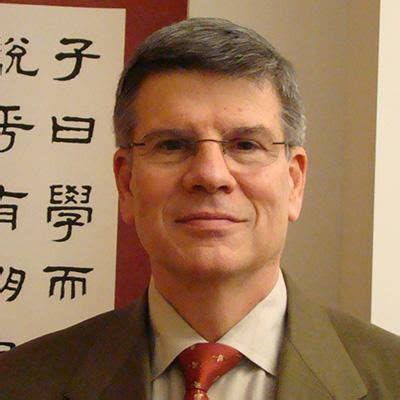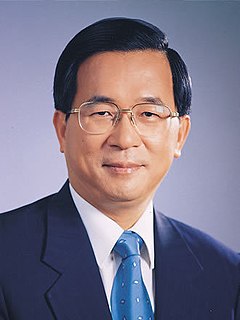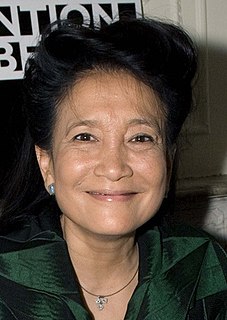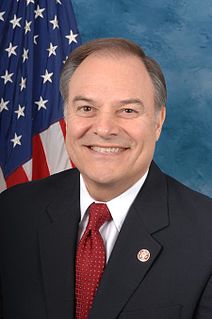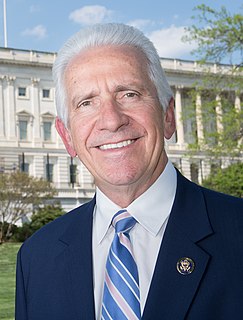A Quote by Henry A. Kissinger
In the short term, it would not have made it possible to resume relations, because in the Chinese mind, the humiliation of China started with the annexation of Taiwan by Japan. If the United States had suddenly declared Taiwan as a separate state - for which we would have had no support among other nations - the consequences would have been giving up our relationship with China and committing ourselves to a long-term conflict with China.
Quote Topics
Among
Annexation
Because
Been
China
Chinese
Committing
Conflict
Consequences
Giving
Giving Up
Had
Humiliation
Japan
Long
Long-Term
Made
Made It
Mind
Nations
Other
Our
Our Relationship
Ourselves
Possible
Relations
Relationship
Resume
Separate
Short
Short Term
Started
State
States
Suddenly
Support
Taiwan
Term
United
United States
Up
Which
Would
Related Quotes
Ronald Reagan, when he was campaigning for President, said that he would break relations with Communist China and re-establish diplomatic relations with Taiwan. But when he got into office, he pursued a very different policy of engagement with China and of increasing trade and business ties with China.
It can be argued - and rightly - that Taiwan is not just another regional issue: after all, the Chinese regard it as part of China. But Taiwan is also a regional issue for three reasons. First, the overthrow or even the neutering of democracy in Taiwan, which is what Beijing effectively demands, would be a major setback for democracy in the region as a whole. Second, if the Chinese were able to get their way by force in Taiwan, they would undoubtedly be tempted to do the same in other disputes. And third, there is no lack of such disputes to provoke a quarrel.
The Chinese military budget today is officially listed as, I think, about $15 billion. But even if you double it, that's only a tenth of ours. So the possibility of China challenging the United States for the next ten years over the Pacific is next to zero. There could be a conflict between us and China over Taiwan, but I think that, too, will not occur with the proper policies on both sides.
Every time there has been an attempt to disturb it, it led to two things. It led to immediate intense conflict with China, and it led to a reaffirmation in the end, because nobody wanted a major confrontation with China to this principle of a "one China" policy within which Taiwan is finding a place now. Its own position has greatly improved since the Nixon policy. It is richer, it is stronger and it is participating in many international organizations.
In 2006, I became the fist American to be allowed to go visit their astronaut center in China in Beijing. I think that it makes sense for the U.S. to work with China in the future and I hope to see, if the political atmosphere between the United States and China allow for us to do more cooperation together, especially in the area of human space flight. I think in the same way that it's help improve the relations between the U.S. and Russia; it would help to improve the relations between the U.S. and China.
I was used on a number of occasions by the United States and China as a conduit. For instance, I was up there talking with the Chinese leadership and they said to me that they were a bit concerned that the Americans had a misunderstanding about their relationship with the Soviets. There was some suggestion that there was a rapprochement developing between China and the Soviets, but nothing could have been further from the truth.



